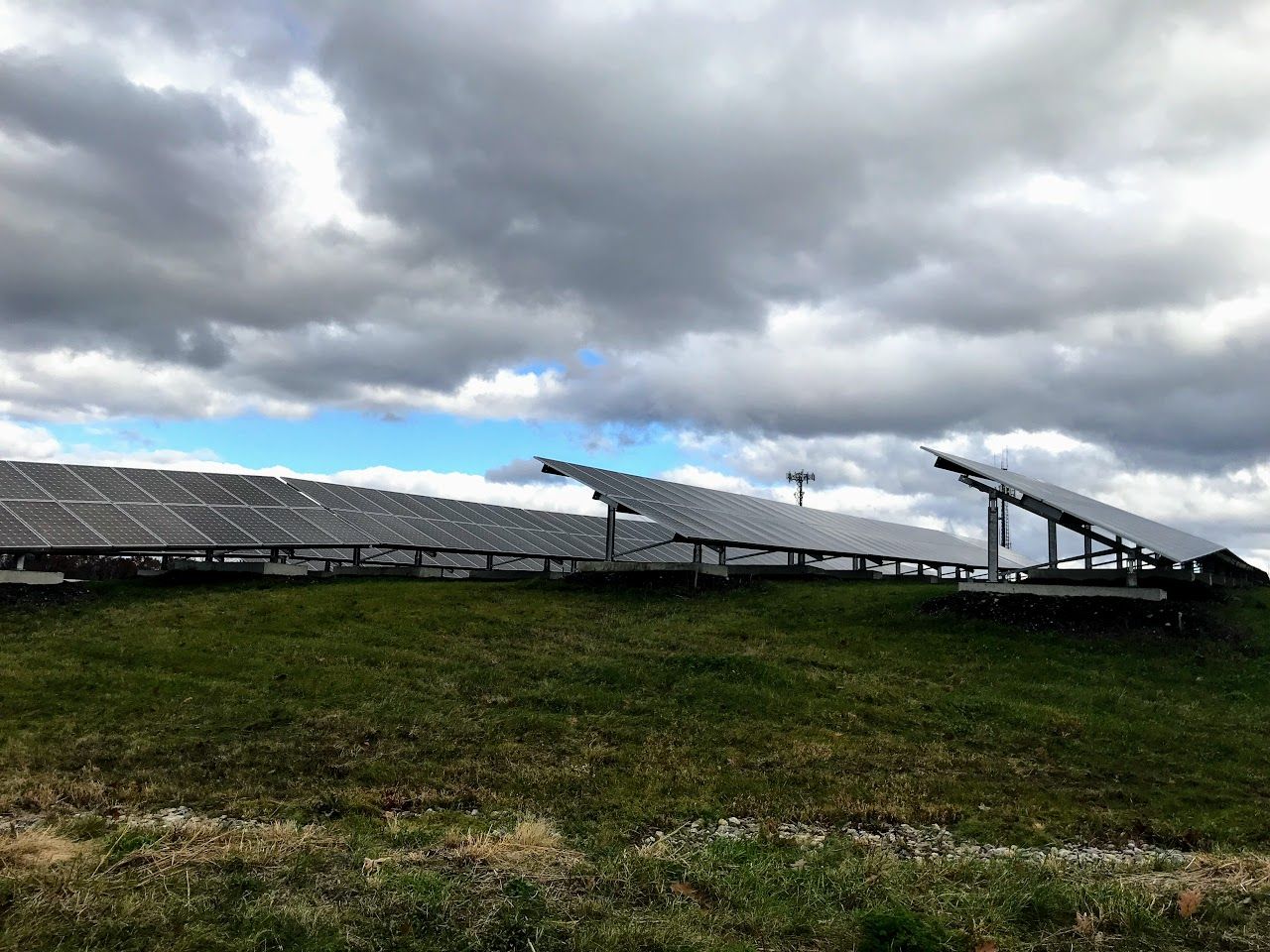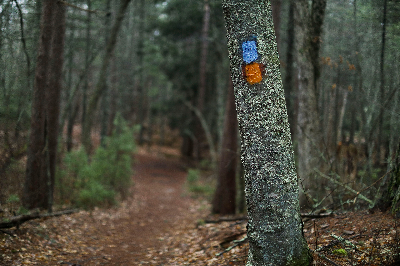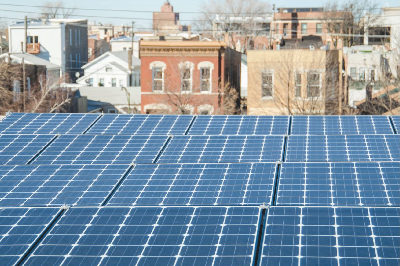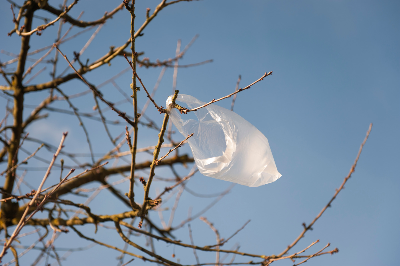
During this session, the Senate amended the Renewable Energy Siting bill, removing most of the siting policies which would direct solar projects to preferred locations like landfills (such as the North Providence site pictured above), rooftops, and other already built areas.
July 3, 2019
Win, Lose or Draw: Audubon Keeps Fighting for Nature
Legislative Recap: Audubon Advocacy in the 2019 Session
Thank you for supporting Audubon’s advocacy!
Join us in celebrating the decision of the Energy Facilities Siting Board (EFSB) to deny a permit to the Invenergy power plant in Burrillville. On June 20, the three members of the EFSB, Margaret “Meg” Curran, Janet Coit and Meredith Brady, voted unanimously that they would not grant a permit for construction of the fossil fuel power plant, ruling that there is no demonstrated need for the power. In September 2018, New England’s electric grid operator terminated its contract with Invenergy, and this and other evidence convinced the EFSB that the power plant is not needed. The people of Burrillville and the Conservation Law Foundation led this fight and Audubon was there from the beginning with assistance and support. This is a huge win for the people of Rhode Island and our climate!
The legislative session ended a few days after this exciting decision. And the session was disappointing. While we did hold off some bad bills, none of Audubon’s priority bills were passed. The legislature plans to reconvene this fall. We are concerned that some of the bad bills will slip through during this special session and will be working with our environmental allies on preventive strategies.
As we reflect on the session, we recognize that Rhode Island’s legislative leaders do not make environmental issues a high priority. This is especially problematic since polls show that the electorate cares a lot about the environment. In January 2018, FM3 Research conducted a poll of 500 registered Rhode Island voters for The Nature Conservancy. They found that 63% of the voters ranked pollution of rivers, lakes and streams as an extremely or very serious problem, just below government spending and waste (77%), deteriorating school infrastructure (68%) and the economy and unemployment (65%). Other environmental issues also ranked high with more than half the respondents ranking them as extremely or very serious: drinking water quality (57%), loss of fish and wildlife habitat (56%) and climate change (52%). Sadly, this concern for our environment is not demonstrated by our leaders at the statehouse.
Here is a summary of the status of Audubon’s top priority bills:
Woodland Preservation and Stewardship Act (H 5813, S 663)

This was Audubon’s top priority and we thank Senator Valverde and Representative Handy for working with us on it. The Act recognized the importance of Rhode Island’s woodlands and directed the Department of Environmental Management (DEM) to develop a program of actions for maintaining woodland health and diversity. It also required DEM to provide guidance to cities and towns to designate specific areas as having significant woodland features, and work with an advisory council on strategies to protect these areas. This is a major piece of legislation and we were happy with the dialogue it spurred. The bill was heard in the environmental committees in both chambers and was held for further study. We will continue to work on it next session.
Renewable Energy Siting (H 5789, S 661)

Audubon participated in the solar siting stakeholder group who developed this legislation. The bills included a suite of strategies to direct solar projects to preferred locations like landfills, rooftops, and other already built areas. The bills were introduced and had hearings in both chambers. The Senate amended the bill, removing most of the siting policies and the amended bill passed out of committee and on the Senate floor. It was referred to the House Committee on Environment and Natural Resources but was never considered.
Expansion of Net Metering (H 5775, S 760)

We oppose this bill because we do not want to expand this program until siting incentives are in place. Net metering is the renewable energy statute that supports most of the large, commercial scale solar projects. The law currently allows public entities, educational institutions, hospitals and nonprofits to access this program. The bill will add industrial and commercial customers to the eligible entities. It also adds 30 megawatts to the community remote net metering program. We testified to the legislature to delay passage of this bill until siting strategies are also addressed. Both bills were heard in committee. Senate 760 passed on the floor and was referred to the House Committee on Corporations. This is one of the bills that we will be keeping an eye on for the fall special session.
Plastics– Bags and Straws

Audubon participated in the Governor’s Task Force to Tackle Plastics. The plastic bag bill (H 5671, S 410) was approved by the Task Force. It banned thin plastic bags and had a 5-cent fee for paper bags. Unfortunately, after it was introduced, cities and towns with existing bag bans shared their opposition and concern with the bill as written. The bill used a broad definition of reusable bags which would have allowed thick plastic bags to replace the thin bags that were being banned. The bill also preempted municipal ordinances and would have negated good bag bills in 14 Rhode Island communities. The Senate bill was amended in committee to add “stitched handles” to the definition of reusable bags, making it consistent with the existing municipal ordinances and eliminating thick plastic bags. The Senate also removed the 5-cent fee for paper bags that was in the original bill. The amended bill passed on the floor and was referred to the House Committee on Environment and Natural Resources. The House bill was amended in committee to remove the 5-cent fee, but did not add “stitched handles” to the definition and the bill passed from committee.
A good “Ask First” plastic straw bill (H 5314, S 202) was introduced. It was then amended in the Senate, changing the language from “ask first” to “help yourself from self serve containers” and preemption language was added which would bar local action after November 2019. The amended bill has passed on the Senate floor and was referred to the House Committee on Environment and Natural Resources.
Refuse disposal – pyrolysis (we oppose incineration and pyrolysis as a waste disposal method)

Bills were introduced (H 5448, S 408) to exempt plastics from the materials classified as solid waste and relax regulations to enable a pyrolysis facility to easily build in the state. Pyrolysis uses a high heat process to convert plastics to oil as well as a highly contaminated solid waste ash. The bills did not pass, but the Senate passed a last-minute resolution (S 1041) to create a special legislative commission to study the merits and feasibility of a pyrolysis or gasification facility in the state. The commission will be comprised of state agencies and 2 members of the Senate. It will report its findings by March 7, 2020.
In the coming months, Audubon’s advocacy team will continue to educate Rhode Island’s leaders about sound environmental policies. Through our partnerships with other environmental leaders in the state, we will continue our work on creating climate change resilient communities, protecting pollinator health and habitat, protecting water quality by harnessing stormwater, and so much more.
Audubon can’t be a voice for nature without your help. Please consider a donation to support our advocacy work. You may also sign up for our Advocacy Alert emails to receive important Call to Actions: we’ll let you know exactly when, where and how you can stand up for nature. Our lawmakers want to hear from you!

















